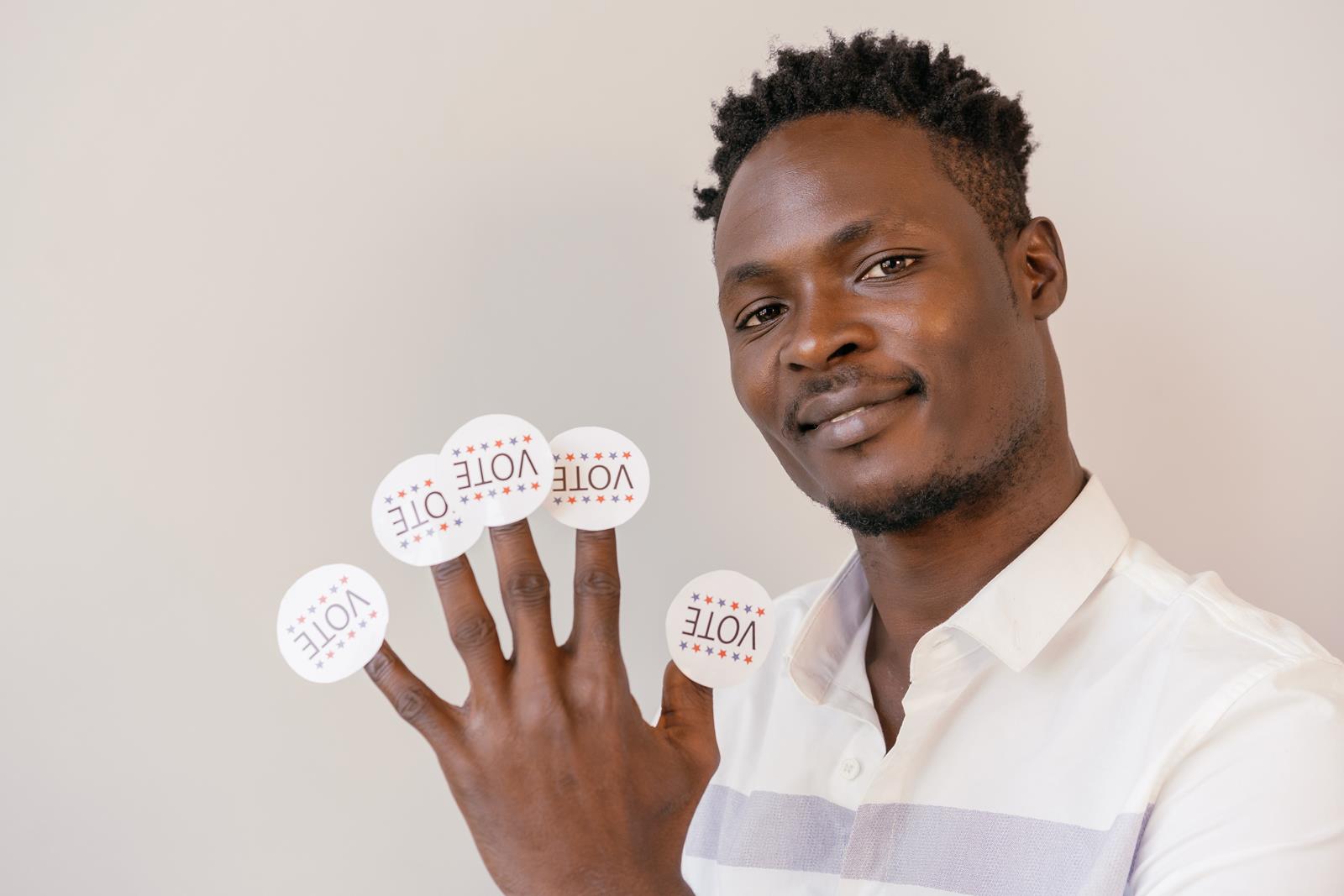
31 Aug
Politics – Controversy and Change
Politics is the study of government and how it relates to the people. It covers a broad spectrum of topics, such as politics, philosophy, law, culture, national government, society, economy, ethnicity, religion and international relations. The branches of government are represented by their own politics. The political systems of many countries have evolved separately over time, with major differences in structure and goals. Some politics courses focus on broad topics like constitutional government and representative government, while others concentrate on narrower issues, such as ethnic cleansing in Burma or the politics of oil pipelines.
The study of politics is the only subject offered at many colleges and universities that can be taken as a major. Students studying politics usually focus on the history and politics of particular countries, but they may pursue international relations and government. There are various types of politics. Some of the most famous ones are right-wing national-liberalism, left-wing social-democratization, international negotiation, social science, environmentalism and radicalism. Almost every country has its own version of politics, with varying degrees of influence and ideology.
One branch of politics that came directly out of nineteenth century Europe is socialism. Socialism believes that everyone should have an equal say in politics and societal affairs, along with the freedom to participate in public events and activities. Although there are two distinct socialist philosophies – social democratic and national-socialist – they share certain core principles. Socialists believe that classifying humans into classes based on gender, race, ethnicity and other factors contributes to structural injustice and discrimination against certain groups in society.
Some strands of twentieth century politics are characterized by the expression ‘left-leaning’ politics. Such politics tend to be supportive of democratic forms of government and social programs that promote economic security, social welfare and a strong middle class. Left-leaning politics has come to encompass many forms of activism, such as civil disobedience, anti-war sentiment, anti-capitalism, anti-imperialism, and anti-fascism.
A more radical form of politics is known as communism, which is characterized by extreme nationalistic beliefs, extreme authoritarianism, collectivism and extreme materialism. Communism does not believe in any form of hierarchy or democracy. A communist party is dedicated to the cause of working class revolution and seeing it succeed, building independent states or communes run along a Workers Paradise type model. The state is seen as the enemy of the working class, with all power being centralized in its hands.
Modern day liberalism, which is also called moderate liberalism, differs little from modern day socialism, except for its rejection of capitalism. Unlike communism, modern day liberalism believes that the market economy produces fairer outcomes than paternalist intervention. However, unlike socialism, it does not advocate any type of centralized control over business.
Modern day politics has evolved into a form of liberalism that is highly controversial. One of its most controversial forms is modern day liberalism that views liberalism as a form of revolution. Modern day liberalism tends to agree with classical liberalism, concerning matters of religion, politics, science and education. However, modern day liberals are often found to have liberal socialist tendencies. The major difference between liberalism and socialism is that whereas socialism is revolutionary, liberalism tends to be moderate.
Politics is so controversial that many philosophers, such as Machiavelli, disagree with its definition. Machiavelli believed that there are three types of politics: tyranny, aristocratic republic and democracy. Aristotle disagreed with Machiavelli’s belief that politics was a way to get a ruler to do what is fair to the ruled. He believed that politics should be about achieving social justice. Aristotle argued that justice is a virtue, which is why an idealistic political system would not work.
Politics is divided into three main groups: right-wing or center-left, left-wing or radical democratic, and center-right. Right-wing political parties usually support free-market capitalism and tend to believe in a strong national security. Left-wing political parties are characterized by their anti-clerical focus. On the other hand, radical democratic parties are popularly supported by social movements and have more social programs aimed at the poor, middle class and labor unions than any other political parties. Centrist political parties typically share common points, such as promoting economic fairness and expanding freedom of speech and press.
politics is often a source of conflict between peoples. In fact, every political system has contested notions. For instance, in ancient Greece, the antagonism between the aristocrats and the plebeians, the two major groups of citizens, was at times turned into serious fighting. In ancient Rome, Julius Caesar began the long reign of Roman politics by instituting consuls, who limited the power of the plebeian citizens but also gave some voice to the plebeians in political debates. The Roman aristocratic party was deeply divided over this, leading to the civil war known as the Roman Wars. The eventual outcome of this war prompted the deposition of Julius Caesar by Caesar’s heirs.
As discussed above, politics is a source of controversy because it has always had a human aspect. Human nature, and particularly the polarization of political views over time, tends to polarize the debate about important issues like gender, race, religion and class, increasing political polarization has now spread into areas such as global warming, immigration, and environmental issues. This polarized thinking is leading to increasing political dysfunction in society at large, as people have lost faith in politics as a way of solving problems and they have turned to activism as a viable solution.
Proudly powered byWordPress. Theme byInfigo Software.








